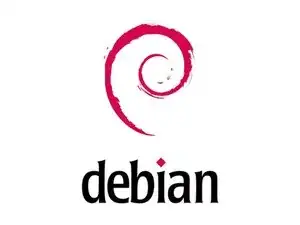Hardware and firmware compatibility out of the box
Most hardware devices require manual firmware installation out of the box with official Debian images. This is because Debian does not include this firmware by default, since it is considered a "pure" distro. Unofficial Non-Free builds that include this firmware are available if you do not want to deal with Non-Free firmware installation.
Media Modification (Non-Live only)
CAUTION: Check the checksum before modifying the image. This will change the ISO checksum.
Option 1: Write to USB and add the files after the fact
If you want to create a system specific image, this method allows you to modify the image after the fact so the original image remains intact. The only prerequisite to this option is the requirement to use a USB drive as boot media. To do this:
- Write the ISO to a USB drive.
- Download the firmware files you need. These can be found on the Debian website
- Locate the firmware folder. Copy these files to the USB drive to this folder.
- Make the stick unique to this particular computer.
Option 2: ISO alteration
- Download a non-live ISO. This does not work on Live ISO images.
- Download and install 7zip. Install this on your system.
- Open the ISO in 7zip and locate the firmware folder. Drag and drop the files into 7zip.
- Rename the ISO (Ex: Debian 9.4.0 [System model number].
- Write it to a USB drive or burn it to a DVD.
Firmware that requires Terminal configuration: This may not work on all firmware (Ex: Intel WiFi). Firmware requiring Terminal configuration may require post installation steps or installation, in some cases. However, this is not common and is an occasional problem.
When this happens, it may be possible to write scripts to do this for you.
Minimum System Requirements
- Processor: 1GHz Pentium 4
- RAM):
- No Desktop: 256MB (512MB recommended)
- Desktop: 1GB (2GB recommended)
- Hard drive:
- No Desktop: 4GB
- Desktop: 10GB
